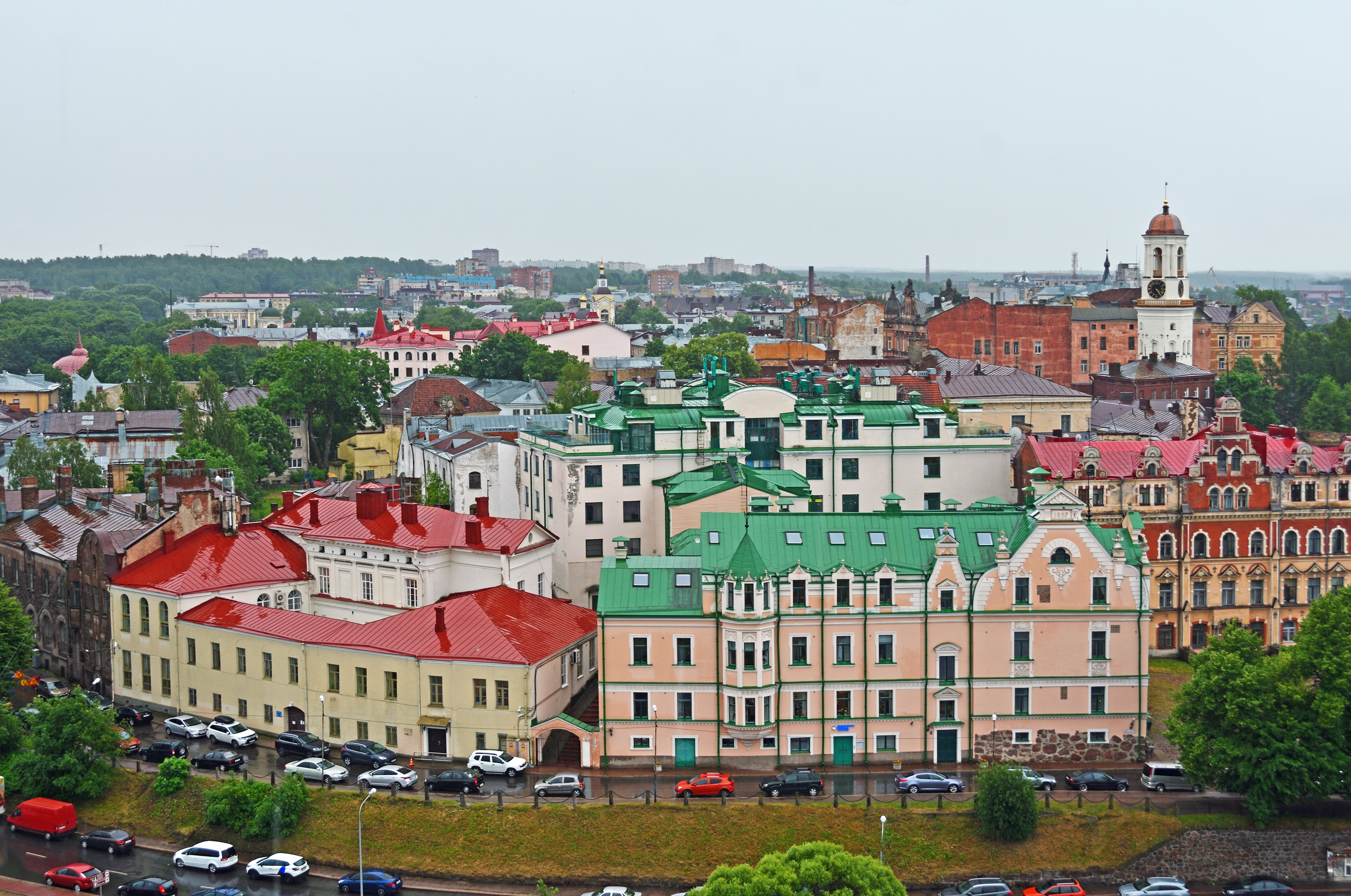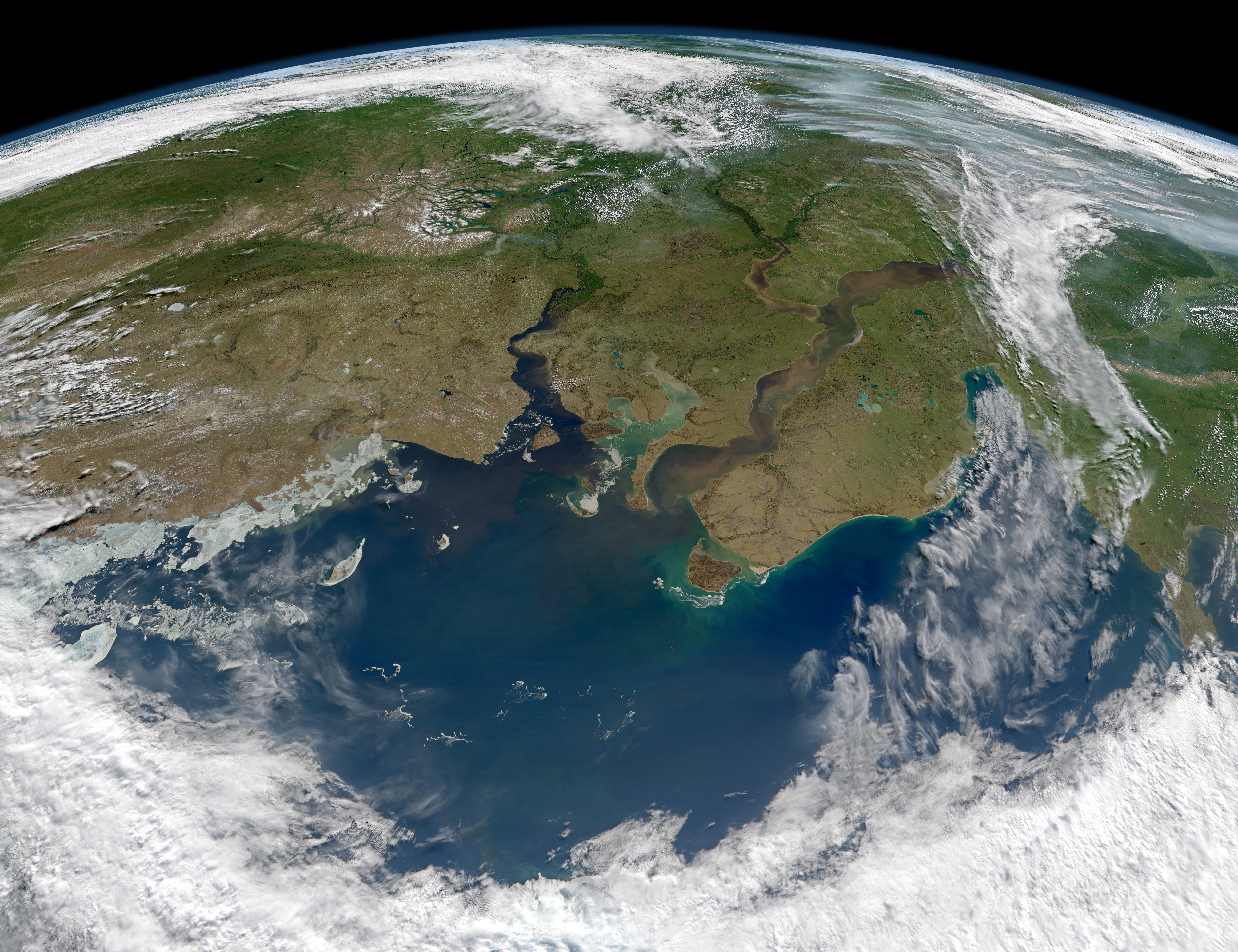|
Kozhevnikovo, Tomsk Oblast
Kozhevnikovo () is a rural locality (a '' selo'') and the administrative center of Kozhevnikovsky District of Tomsk Oblast, Russia, located on the Ob River. Population: Notable people * Konstantin Rausch Konstantin Viktorovich Rausch (, ; born 15 March 1990) is a former professional footballer who played as a left-back. Born in Germany, he represented the country at various youth levels before switching allegiance to the Russia senior national ... (1990) — Russian-German footballer References Rural localities in Tomsk Oblast {{TomskOblast-geo-stub ... [...More Info...] [...Related Items...] OR: [Wikipedia] [Google] [Baidu] |
Tomsk Oblast
Tomsk Oblast () is a federal subjects of Russia, federal subject of Russia (an oblast). It lies in the southeastern West Siberian Plain, in the southwest of the Siberian Federal District. Its administrative center is the types of inhabited localities in Russia, city of Tomsk. Population: 1,047,394 (Russian Census (2010), 2010 Census). The development of the territory which now constitutes the oblast began in the early 17th century. Tomsk itself was founded in 1604. Some of the oblast's territory is inaccessible because it is covered with taiga woods and swamps. Tomsk oblast contains Vasyugan Swamp, the biggest swamp in the northern hemisphere. The oblast borders with Krasnoyarsk Krai and Tyumen Oblast, Tyumen, Omsk Oblast, Omsk, Novosibirsk Oblast, Novosibirsk, and Kemerovo Oblasts. Administrative divisions The oblast is directly divided into four cities and sixteen districts. The four administrative cities are the administrative center of Tomsk, Kedrovy, Tomsk Oblast, Kedr ... [...More Info...] [...Related Items...] OR: [Wikipedia] [Google] [Baidu] |
Kozhevnikovsky District
Kozhevnikovsky District () is an administrativeLaw #271-OZ and municipalLaw #202-OZ district (raion), one of the sixteen in Tomsk Oblast, Russia. It is located in the southeast of the oblast. The area of the district is . Its administrative center is the rural locality In general, a rural area or a countryside is a geographic area that is located outside towns and cities. Typical rural areas have a low population density and small settlements. Agricultural areas and areas with forestry are typically describ ... (a '' selo'') of Kozhevnikovo. Population: 20,967 ( 2010 Census); The population of Kozhevnikovo accounts for 39.0% of the district's total population. References Notes Sources * * {{Use mdy dates, date=March 2013 Districts of Tomsk Oblast ... [...More Info...] [...Related Items...] OR: [Wikipedia] [Google] [Baidu] |
Village
A village is a human settlement or community, larger than a hamlet but smaller than a town with a population typically ranging from a few hundred to a few thousand. Although villages are often located in rural areas, the term urban village is also applied to certain urban neighborhoods. Villages are normally permanent, with fixed dwellings; however, transient villages can occur. Further, the dwellings of a village are fairly close to one another, not scattered broadly over the landscape, as a dispersed settlement. In the past, villages were a usual form of community for societies that practice subsistence agriculture and also for some non-agricultural societies. In Great Britain, a hamlet earned the right to be called a village when it built a church.-4; we might wonder whether there's a point at which it's appropriate to talk of the beginnings of French, that is, when it wa ... ''village'', from Latin ''villāticus'', ultimately from Latin ''villa'' (English ''vi ... [...More Info...] [...Related Items...] OR: [Wikipedia] [Google] [Baidu] |
Church In Kozhevnikovo (Tomsk Oblast)
Church may refer to: Religion * Church (building), a place/building for Christian religious activities and praying * Church (congregation), a local congregation of a Christian denomination * Church service, a formalized period of Christian communal worship * Christian denomination, a Christian organization with distinct doctrine and practice * Christian Church, either the collective body of all Christian believers, or early Christianity Places United Kingdom * Church, a former electoral ward of Kensington and Chelsea London Borough Council that existed from 1964 to 2002 * Church (Liverpool ward), a Liverpool City Council ward * Church (Reading ward), a Reading Borough Council ward * Church (Sefton ward), a Metropolitan Borough of Sefton ward * Church, Lancashire, England United States * Church, Iowa, an unincorporated community * Church Lake, a lake in Minnesota * Church, Michigan, ghost town Arts, entertainment, and media * ''Church magazine'', a pastoral theology magazine ... [...More Info...] [...Related Items...] OR: [Wikipedia] [Google] [Baidu] |
Types Of Inhabited Localities In Russia
The classification system of inhabited localities in Russia and some other post-Soviet states has certain peculiarities compared with those in other countries. Classes During the Soviet time, each of the republics of the Soviet Union, including the Russian SFSR, had its own legislative documents dealing with classification of inhabited localities. After the Dissolution of the Soviet Union, the task of developing and maintaining such classification in Russia was delegated to the federal subjects.Articles 71 and 72 of the Constitution of Russia do not name issues of the administrative and territorial structure among the tasks handled on the federal level or jointly with the governments of the federal subjects. As such, all federal subjects pass their own laws establishing the system of the administrative-territorial divisions on their territories. While currently there are certain peculiarities to classifications used in many federal subjects, they are all still largel ... [...More Info...] [...Related Items...] OR: [Wikipedia] [Google] [Baidu] |
Village
A village is a human settlement or community, larger than a hamlet but smaller than a town with a population typically ranging from a few hundred to a few thousand. Although villages are often located in rural areas, the term urban village is also applied to certain urban neighborhoods. Villages are normally permanent, with fixed dwellings; however, transient villages can occur. Further, the dwellings of a village are fairly close to one another, not scattered broadly over the landscape, as a dispersed settlement. In the past, villages were a usual form of community for societies that practice subsistence agriculture and also for some non-agricultural societies. In Great Britain, a hamlet earned the right to be called a village when it built a church.-4; we might wonder whether there's a point at which it's appropriate to talk of the beginnings of French, that is, when it wa ... ''village'', from Latin ''villāticus'', ultimately from Latin ''villa'' (English ''vi ... [...More Info...] [...Related Items...] OR: [Wikipedia] [Google] [Baidu] |
Administrative Center
An administrative centre is a seat of regional administration or local government, or a county town, or the place where the central administration of a commune, is located. In countries with French as the administrative language, such as Belgium, Luxembourg, Switzerland and many African countries, a (, , ) is a town or city that is important from an administrative perspective. Algeria The capitals of Algerian provinces, districts, and communes are called . Belgium The in Belgium is the administrative centre of each of the ten provinces of Belgium. Three of these cities also give their name to their province (Antwerp, Liège and Namur). France The of a French department is known as the prefecture (). This is the town or city where the prefect of the department (and all services under their control) are situated, in a building also known as the prefecture. In every French region, one of the departments has preeminence over the others, and the prefect carries the tit ... [...More Info...] [...Related Items...] OR: [Wikipedia] [Google] [Baidu] |
Russia
Russia, or the Russian Federation, is a country spanning Eastern Europe and North Asia. It is the list of countries and dependencies by area, largest country in the world, and extends across Time in Russia, eleven time zones, sharing Borders of Russia, land borders with fourteen countries. Russia is the List of European countries by population, most populous country in Europe and the List of countries and dependencies by population, ninth-most populous country in the world. It is a Urbanization by sovereign state, highly urbanised country, with sixteen of its urban areas having more than 1 million inhabitants. Moscow, the List of metropolitan areas in Europe, most populous metropolitan area in Europe, is the capital and List of cities and towns in Russia by population, largest city of Russia, while Saint Petersburg is its second-largest city and Society and culture in Saint Petersburg, cultural centre. Human settlement on the territory of modern Russia dates back to the ... [...More Info...] [...Related Items...] OR: [Wikipedia] [Google] [Baidu] |
Ob River
The Ob (; ) is a major river in Russia. It is in western Siberia, and with its tributary the Irtysh forms the world's seventh-longest river system, at . The Ob forms at the confluence of the Biya and Katun which have their origins in the Altai Mountains. It is the westernmost of the three great Siberian rivers that flow into the Arctic Ocean (the other two being the Yenisei and the Lena). Its flow is north-westward, then northward. The main city on its banks is Novosibirsk, the largest city in Siberia, and the third-largest city in Russia. It is where the Trans-Siberian Railway crosses the river. The Gulf of Ob is the world's longest estuary. Names The internationally known name of the river is based on the Russian name ''Обь'' (''Obʹ'', ). Possibly from Proto-Indo-Iranian '' *Hā́p-'', "river, water" (compare Vedic Sanskrit ''áp-'', Persian ''āb'', Tajik ''ob'', and Pashto ''obə'', "water"). Katz (1990) proposes Komi ''ob'' 'river' as the immediate source of ... [...More Info...] [...Related Items...] OR: [Wikipedia] [Google] [Baidu] |
Konstantin Rausch
Konstantin Viktorovich Rausch (, ; born 15 March 1990) is a former professional footballer who played as a left-back. Born in Germany, he represented the country at various youth levels before switching allegiance to the Russia senior national team. Early life Rausch was born in Kozhevnikovo, Tomsk Oblast, Russian SFSR to ethnic German parents. His family emigrated to Germany from Russia in 1996. His first friend in Germany could not pronounce "Konstantin" and instead called him "Kocka", a nickname still used by his teammates and coaches. Rausch is dual citizen of Russia and Germany. Club career Early career Shortly after moving to Germany, Rausch started playing football at the local club, TuS Lachendorf. At the age of twelve he received an offer to join the youth team of Bundesliga side Hannover 96. He decided he was not mature enough for such a big club and instead joined another local side, SV Nienhagen. He finally joined Hannover two years later, rejecting offers from ... [...More Info...] [...Related Items...] OR: [Wikipedia] [Google] [Baidu] |




